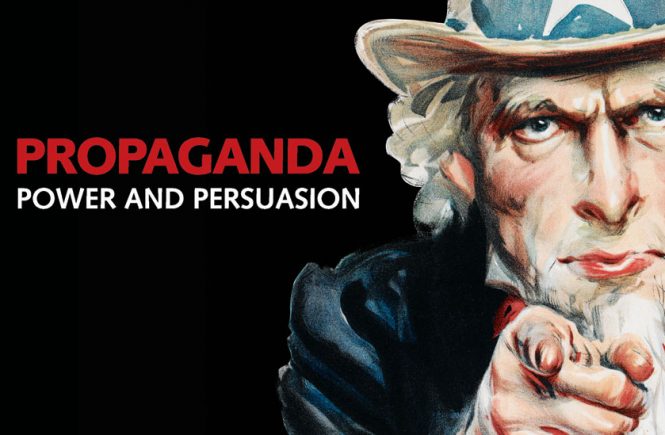John B. Watson, an animal experimentalist who argued that all human action is merely a conditioned response to external environmental stimuli, first popularized stimulus-response psychology. Watson’s theory became known as behaviorism in recognition of its narrow focus on isolated human behaviors. Behaviorists rejected psychology’s widely held assumption that higher mental processes (that is, conscious thought or reflection) ordinarily control human action. In contrast to such “mentalist” views, behaviorists argued that the only purpose served by consciousness was to rationalize behaviors after they are triggered by external stimuli. Behaviorists attempted to purge all mentalist terms from their theories and to deal strictly with observable variables—environmental stimuli on the one hand and behaviors on the other. By studying the associations that existed between specific stimuli and specific behaviors, behaviorists hoped to discover previously unknown causes for action. One of the central notions in behaviorism was the idea of conditioning. Behaviorists argued that […]
PROPAGANDA COMES TO THE UNITED STATES
Americans first began to give serious consideration to the power of propaganda in the years following World War I. The war had demonstrated that modern propaganda techniques could be used with startling effectiveness to assemble massive armies and to maintain civilian morale through long years of warfare. Never before had so many people been mobilized to fight a war. Never before had so many died with so little to show for it over such a long period of time and under such harsh conditions. Earlier wars had been quickly settled by decisive battles. But in this war, massive armies confronted each other along a front that extended for hundreds of miles. From their trenches they bombarded each other and launched occasional attacks that ended in futility. Harold Lasswell, a political scientist who developed several early theories of media, expressed considerable respect for the propaganda efforts marshaled in the cause of […]
THE ORIGIN OF PROPAGANDA
Propaganda was not an American invention. The term originated with the Roman Catholic Congregatio de Propaganda Fide (Committee for the Propagation of the Faith), an order of the church established by a papal bull in 1622. The Propaganda Fide was originally founded in an effort to suppress the Protestant Reformation. Throughout the first half of the twentieth century, the meaning of propaganda was debated. Was propaganda necessarily bad or was it a good form of communication that could be corrupted? Many forms of communication seek to persuade people—were all of them propaganda? Gradually, the term propaganda came to refer to a certain type of communication strategy. It involves the no-holds-barred use of communication to propagate specific beliefs and expectations. The ultimate goal of propagandists is to change the way people act and to leave them believing that those actions are voluntary, that the newly adopted behaviors—and the opinions underlying them—are […]
Overview of Propaganda
Imagine that you have gone back in time to the beginning of the twentieth century. You live in a large metropolitan area along the East Coast of the United States, and you are a second- or third-generation American. You are a white, middle-class, Anglo-Saxon, Protestant. Your city is growing rapidly, with new neighborhoods springing up daily to house waves of immigrants from poorer nations in Eastern Europe and the Far East. These people speak strange languages and practice strange cultures. Many claim to be Christians, but they don’t behave like any Christians you’ve ever met. Most keep to themselves in ghetto neighborhoods in which there are many social problems. Most disturbing of all, these people seem to have no sense of what it means to live in a free and democratic nation. They are governed by political bosses who turn them out to vote for what you perceive to be […]
Various Propaganda Techniques
Discuss the various techniques of propaganda with your own examples. Propaganda is a set of the messages intended to influence the opinions of the masses, not giving the opponents any opportunity to rebut the idea. Instead of telling people the truth, propaganda often aims at manipulation of ideas to influence the behavior of a large number of people. So, it presents ideas selectively. Propaganda is related to advertising, where it is about promoting a product. It is also used to influence religious beliefs of society. During the 20th century, the term propaganda acquired a negative meaning in the western countries. It meant, a deliberate dissemination of frequently false, but ‘obligating’ justifications of certain political ideologies. The propagandist seeks to alter the way people understand an issue in favor of the interest group. The five types of propaganda techniques used in advertising are Bandwagon, Testimonial, Transfer, Repetition and Emotional words. Bandwagon: […]
